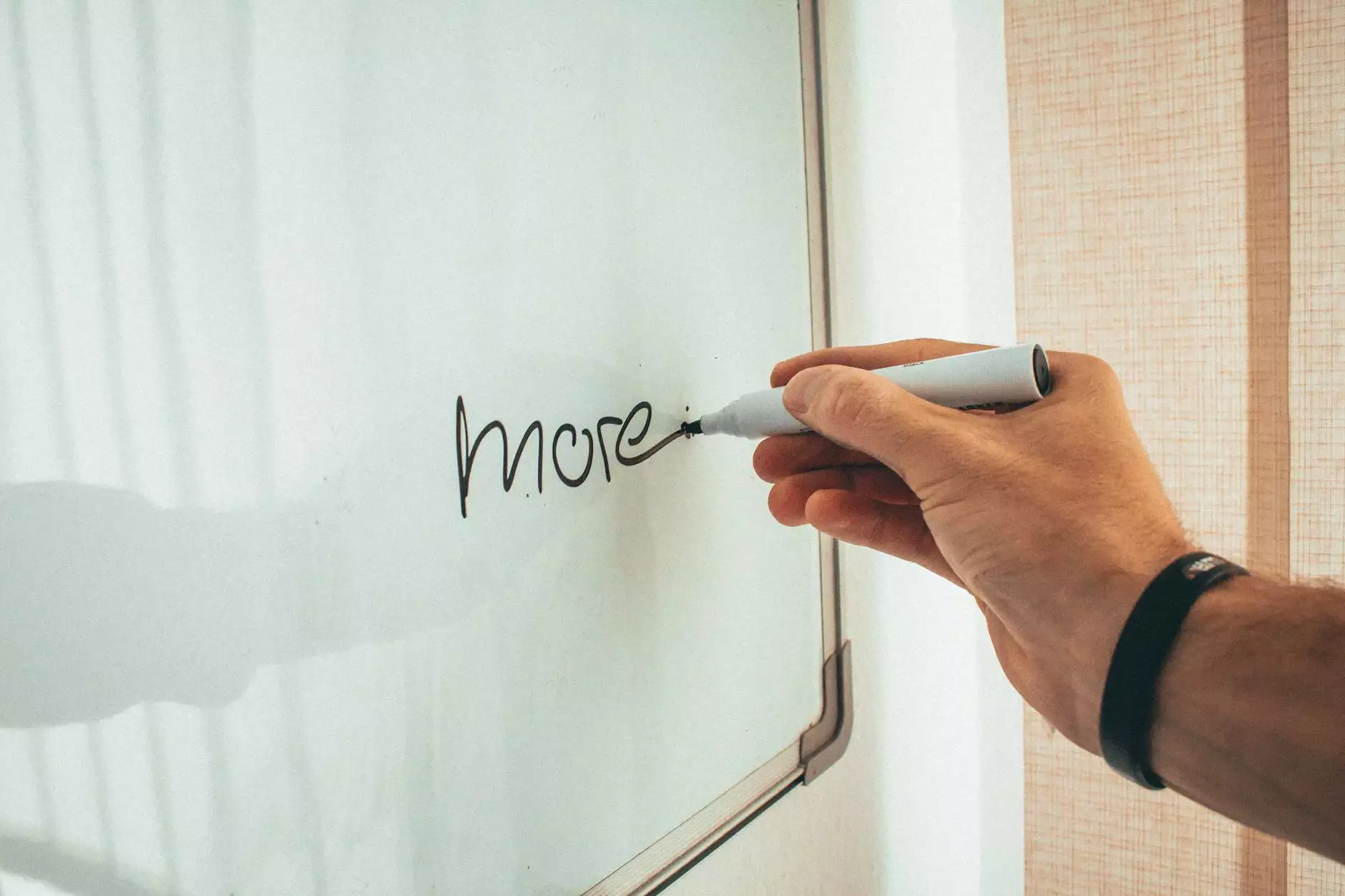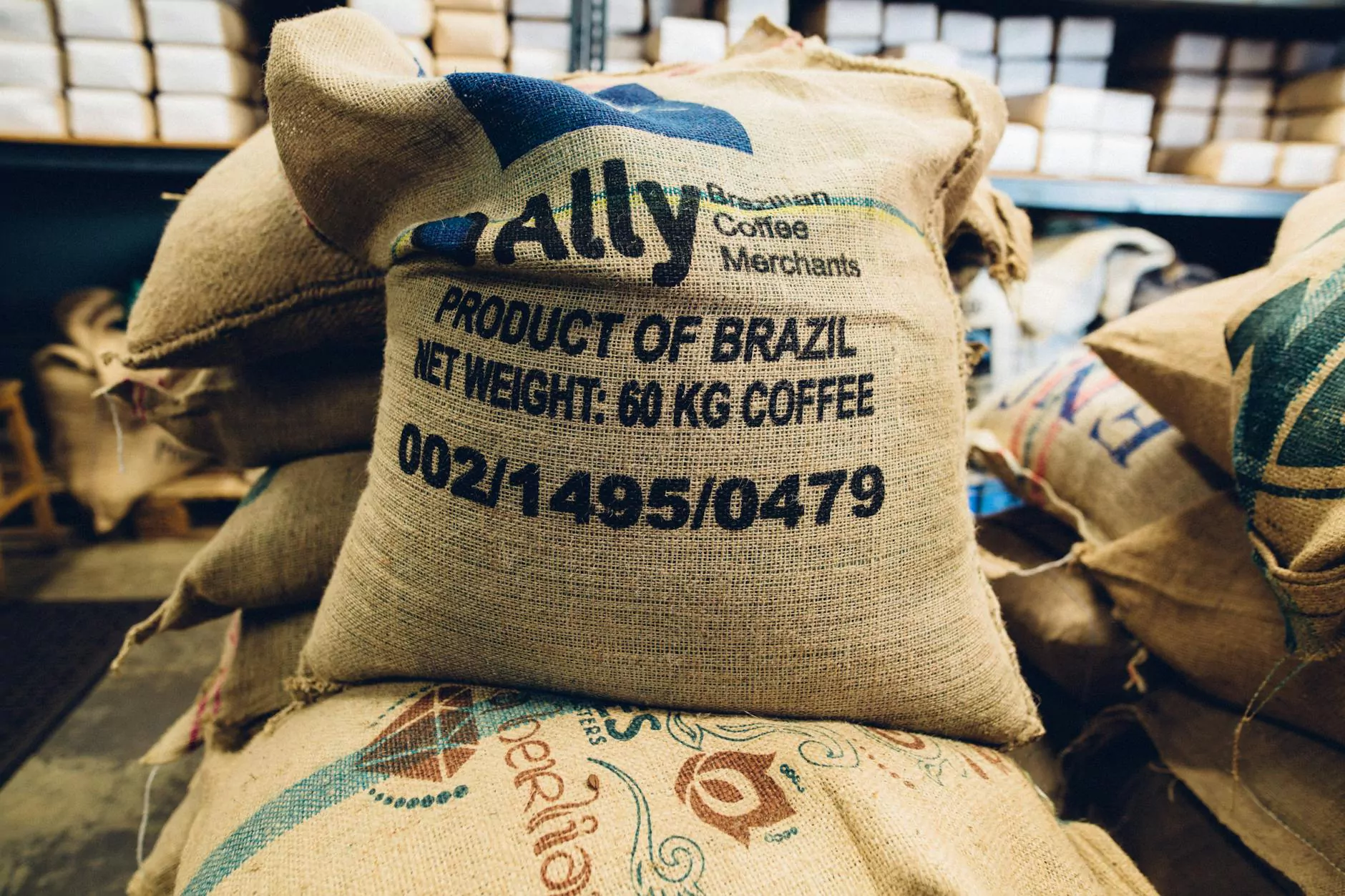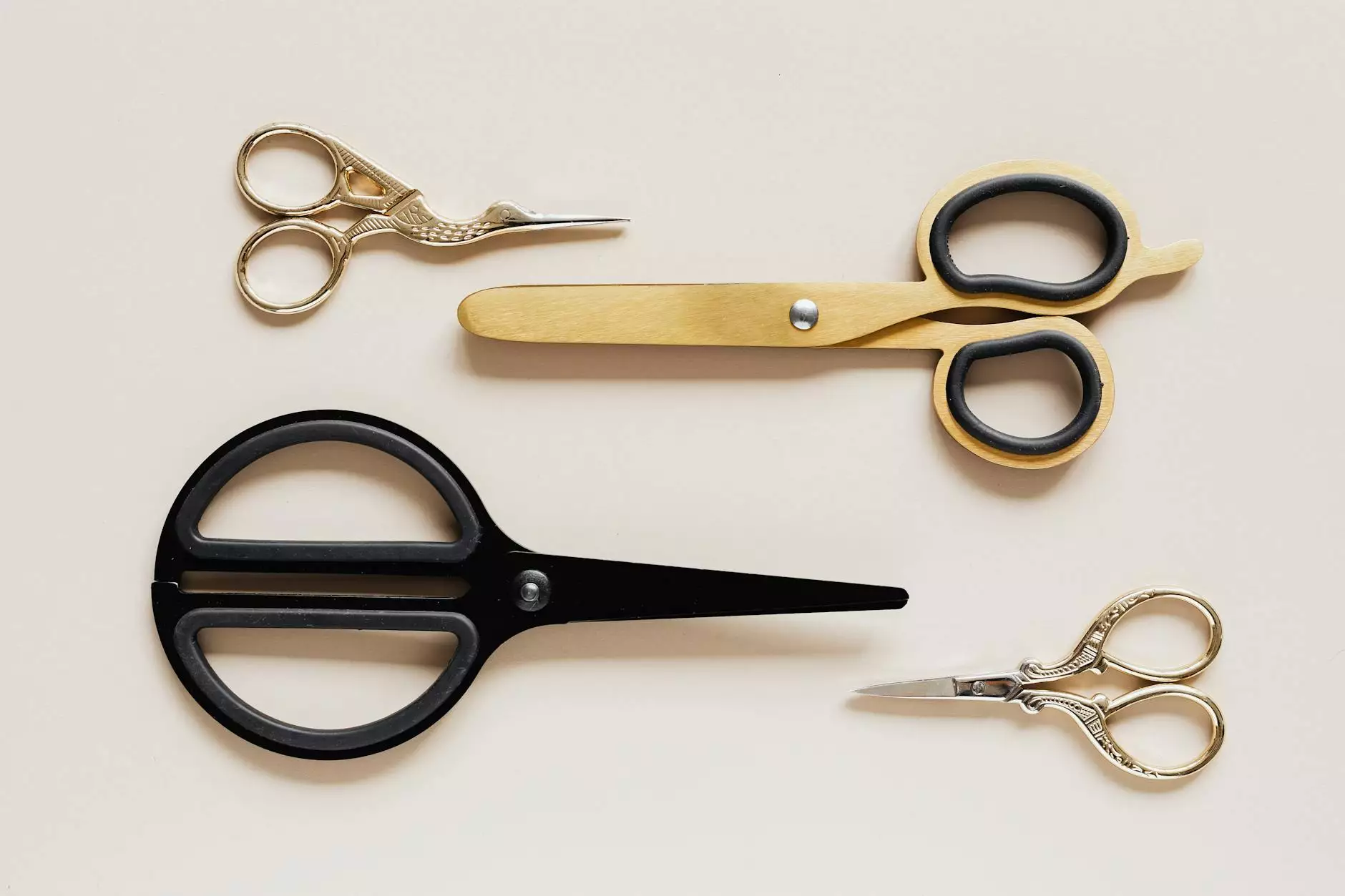The History and Future of Soap

Soap, a humble cleansing agent that we often take for granted, has a rich history that dates back centuries. From its origins in ancient civilizations to its crucial role in modern hygiene practices, the evolution of soap is a fascinating journey that parallels the progression of human civilization.
Ancient Soaps: Origins and Innovations
Ancient civilizations were among the first to recognize the importance of cleanliness and personal hygiene. The question of what ancient civilization was the first to make soap is a topic of much debate among historians. However, it is widely believed that the Babylonians were the pioneers in soap-making around 2800 BC by combining fats and ashes.
Bronze Age soap, a precursor to the soap we know today, was used by the Egyptians for various purposes, including cleaning the body and clothes. These early soaps laid the foundation for the soap-making techniques that would evolve over time.
The Evolution of Soap Making
When was soap used for hygiene in a more recognizable form? The Romans played a significant role in popularizing soap for personal cleanliness, with early forms of soap being made from tallow and ashes. Soap production continued to advance over the centuries, with the Middle Ages witnessing soap-making guilds and increased trade in soap products.
Modern Uses and Innovations
What did people use before soap became widely available? Prior to the widespread use of soap, people relied on natural substances like clay, sand, and herbs for cleansing purposes. The introduction of soap revolutionized personal hygiene practices and paved the way for improved sanitization.
Early soap formulations were primarily made from animal fats and plant oils. The process of making soap underwent significant changes with the discovery of saponification, a chemical reaction that forms soap from fats and lye. This breakthrough marked a turning point in soap production, leading to the development of diverse soap varieties.
The Impact of Soap in Modern Times
Soap has played a vital role in public health by helping to prevent the spread of infectious diseases. During times of crisis, such as the Civil War, soap became a critical tool for maintaining hygiene and combating infections. The efficacy of soap in killing germs has been reaffirmed during the COVID-19 pandemic, emphasizing the importance of proper handwashing and sanitation practices.
Looking Towards the Future
As we move into the future, the innovation in soap production continues to evolve. From eco-friendly formulations to antibacterial soaps, the market offers a diverse range of products that cater to varying needs and preferences. The use of natural ingredients and sustainable practices is becoming increasingly popular as consumers prioritize health and environmental consciousness.
What was soap originally made from has transformed into a broader question encompassing sustainability, ethics, and efficacy. The quest for cleanliness and well-being drives ongoing developments in soap technology, ensuring that this humble product remains a staple in our daily lives.
Conclusion
In conclusion, the journey of soap from ancient civilizations to modern times is a testament to the enduring significance of cleanliness and hygiene. As we reflect on the history and future of soap, we gain a deeper appreciation for its role in safeguarding our health and well-being. By understanding the evolution of soap, we can better appreciate its impact on society and continue to embrace advancements that benefit us all.



